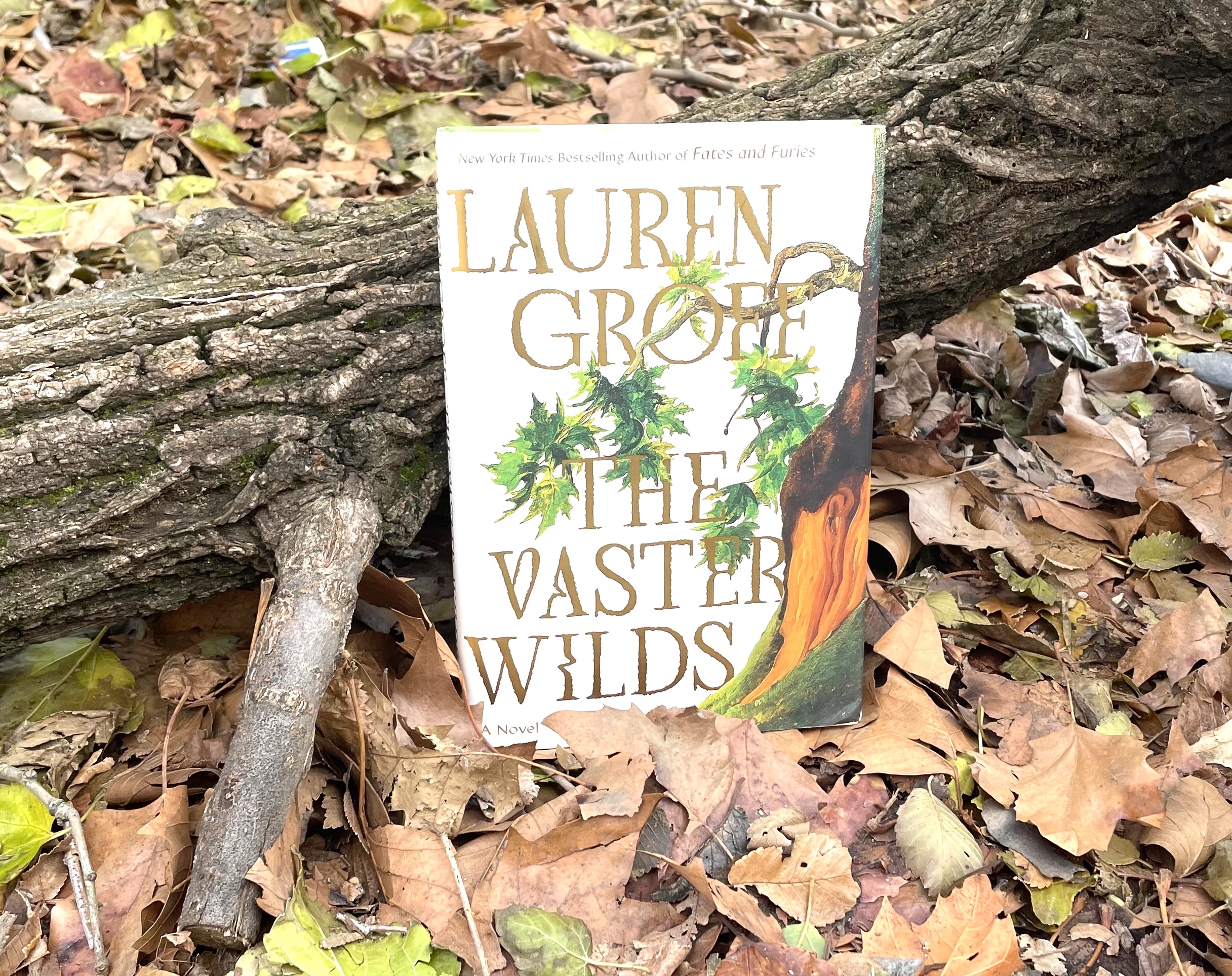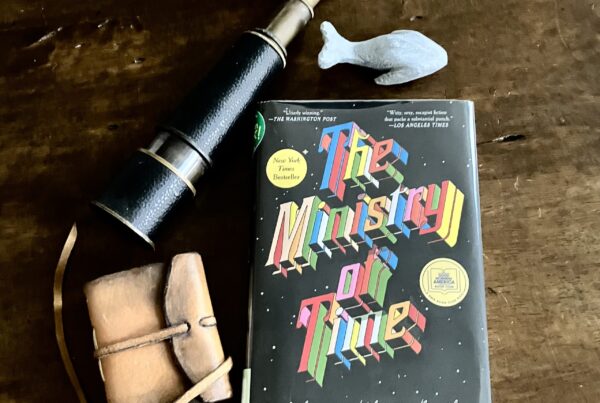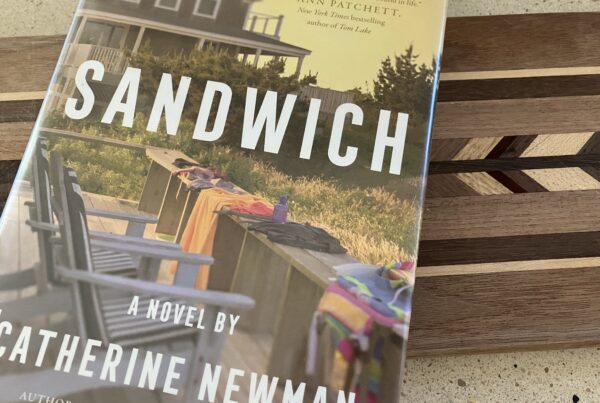What value does one small, sacred life possess when all else is stripped away? In her astonishing new novel, The Vaster Wilds, Lauren Groff grapples with this question and more as we follow a brave, 17th-century heroine, known as “the girl,” on a perilous journey through unforgiving terrain that nearly swallows her whole.
The Vaster Wilds draws inspiration from the complicated history of early America when European immigrants laid claim to territory on which Native people had lived for generations.
Born from traumatic circumstances, Groff’s protagonist becomes a servant and the caretaker for a wealthy family’s young daughter. The family, with the girl in tow, joins an intrepid cohort on a voyage across the ocean. Not long after arriving in this promising new place, the girl witnesses her tenuous community swiftly and tragically fall apart.
Now she is on a frantic run from the smallpox epidemic and widespread famine that have wiped out most of the Jamestown-like settlement. Wearing boots stolen from a dead man and her mistress’ leather gloves, the girl takes off into the unknown, a dangerous pursuer licking at her heels:
“In the tall black wall of the palisade, through a slit too seeming thin for human passage, the girl climbed into the great and terrible wilderness.”
Engaging all the senses, Groff writes exquisitely about unimaginable physical endurance and the magnificence and harshness of the natural world. I was all in from the first chapter to the last, captivated by this singular character, who is as pious as she is determined, holding her god as close as her bag of humble belongings (including a knife and a pewter cup), which she ties to her waist under layers of threadbare dresses.
Groff’s language is luminous and poetic, her imagery breathtaking. In the midst of horrific conditions and crushing loneliness, the girl pauses to contemplate her surroundings. She gazes at an eagle’s shadow caught in the river’s glistening reflection. She listens to the sound of the rain on a rocky crevice of shelter and feels the tickle of an ant crawling on her forehead.
Desperate to stay alive, the girl scours for anything remotely edible, feasting on moss, insects, and yolks from eggs she crushes in her bare hands, fish on lucky days. She copes with terrible weather, predatory animals, grave injuries, fevers and rashes. Broken in body and mind, she nevertheless presses ahead. Groff gives her no other choice.
Woven throughout the girl’s present-day reality are flashes from her life before – the squalid orphanage she’s rescued from, the straw-yellow hair of her sweet charge, the smile of the glassblower she meets on the ship. Then, with heartbreaking clarity, she understands the brutal toll her weeks in the woods have taken:
“[S]he knew that, even should she have long months of only rest, there had been things in her body that had been changed forever. She was but sixteen or seventeen or perhaps eighteen years of age, but the wilderness had so moved upon her that she would never be young again.”
The descriptions of impossible adversity were painful to read but filled with such beauty and longing I couldn’t put the book down (and earmarked practically every page). I was mesmerized by the girl’s grace and fortitude and the intimacy with which she reflects on her physical, emotional, and spiritual self. Does she make it out? My lips are sealed.
The Vaster Wilds is a nail-biter for sure and also a deeply moving and powerful portrait of resilience at its most extreme. Lauren Groff deserves every ounce of praise for her contribution to historic literary fiction.




